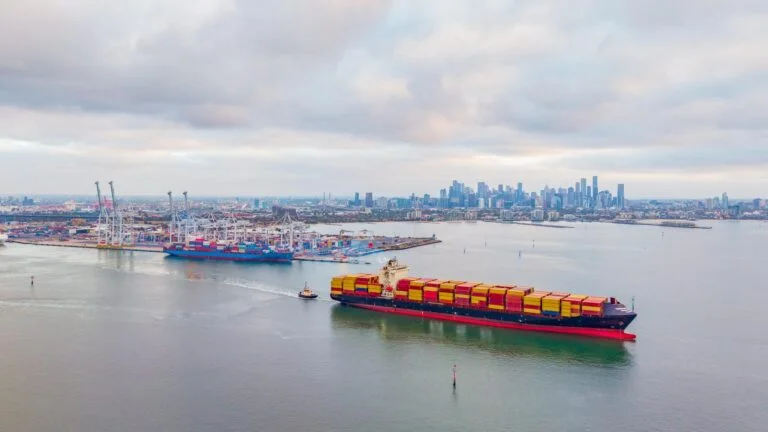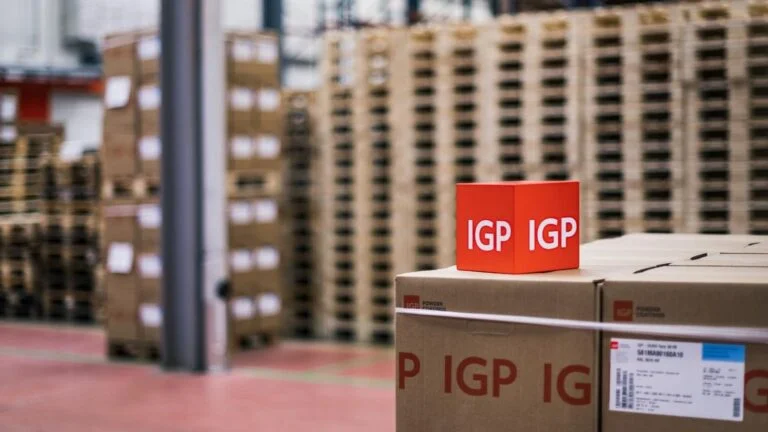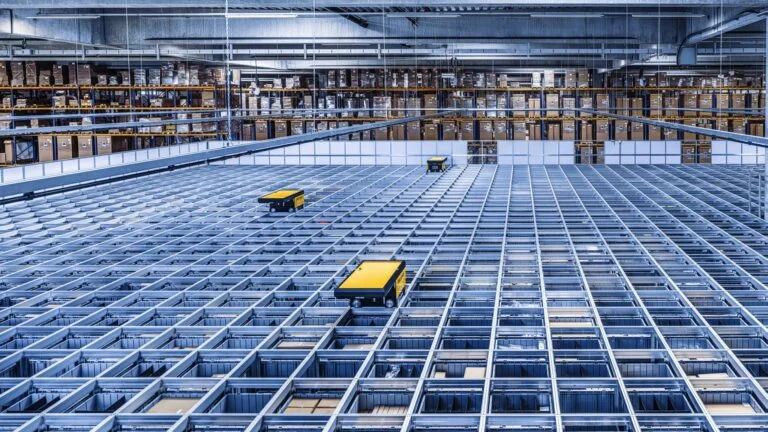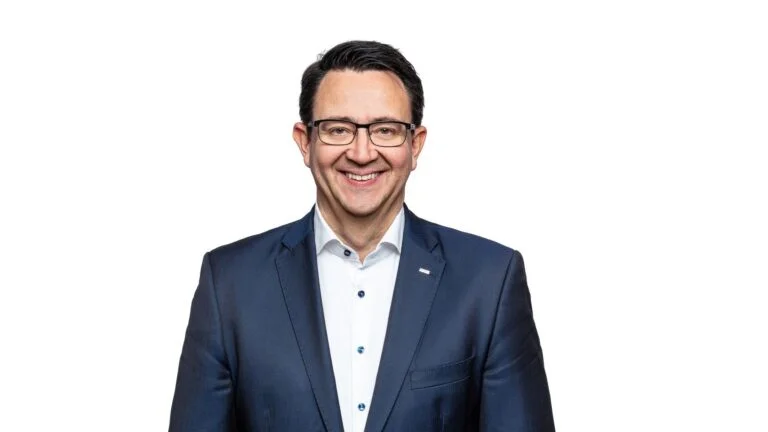CEO Viewpoint: „Trade barriers do not spell the end of globalization“
By Burkhard Eling, DACHSER CEO
I 2 minute read
08/09/2025
The current global situation shows once again that the more difficult the times, the more important logistics becomes and the more integrated and resilient networks need to be. Thoughts from DACHSER CEO Burkhard Eling.
Quick Read
Trade barriers such as tariffs or geopolitical conflicts do not spell the end of globalization, because even the United States – one of the world’s most important trading nations – accounted for only 8.5% of global exports and 13.6% of global imports in 2024. Trade barriers change the flow of goods and can temporarily overload individual transport routes – but in the end, a new structural balance will emerge.
Of course, this does not mitigate the negative effects of tariffs on world trade. They create inefficiencies and weaken the entire economic system. In short, tariffs increase costs, drive up prices, and merely promote bureaucracy.
But here, too, a new equilibrium will ultimately emerge. Initial steps have now been taken to restore more stable political conditions, for example between the EU and the US. This is necessary if only because of the numerous and close geopolitical ties. In addition, the US is the EU’s most important trading partner, accounting for 17% of foreign trade volume in 2024. The agreement is therefore particularly important for companies that need security and reliability for investments.
In short, tariffs increase costs, drive up prices, and merely promote bureaucracy. But here, too, a new equilibrium will ultimately emerge.
Increase resilience
In times of change, logistics strategies that increase resilience, make supply chains more adaptable, and enable faster responses to short-term turbulence and capacity bottlenecks are particularly important. At DACHSER, we therefore see the current environment as an opportunity to develop even more robust and intelligent logistics solutions for our customers.
As a family-owned company with a 95-year history, we are not guided by short-term fluctuations, but think in terms of generations. Our focus is always on stability and security for our customers and our employees.






